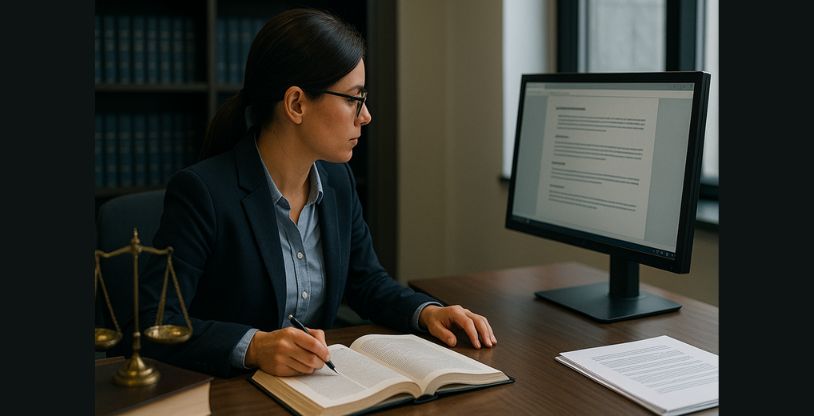Legal Professional’s Guide to Legal Research
Learn how to navigate the sources of law, research efficiently, verify authority, and stay organized. Designed for attorneys, paralegals, and legal secretaries.

Countrywide Process
September 04, 2025
For attorneys, paralegals, and legal secretaries, legal research is the foundation of effective advocacy and case preparation. Understanding the hierarchy of legal authority, research workflows, and verification methods ensures accuracy, efficiency, and credibility in practice.
Define the Legal Issue & Jurisdiction
Use Secondary Sources for Context
Dive Into Primary Sources
Apply Effective Search Techniques
Verify Current Validity
Organize Findings
When research requires official court documents or certified records, online databases aren’t always enough. Countrywide Process provides nationwide service for obtaining hard-copy materials directly from any court.
👉 Document Research & Retrieval:
https://countrywideprocess.com/document-research-and-retrieval
Let Countrywide Process handle your New Hampshire subpoena domestication—ensuring compliance with RSA 517:1 and the Uniform Foreign Depositions Law.
📞 Call us: 888.962.9696
🔗 Place Your Order Today
Primary sources include constitutions, statutes, regulations, and case law—these are binding legal authorities.
Secondary sources like treatises, legal encyclopedias, and law review articles interpret and explain primary law, helping legal professionals understand complex issues.
Use citator tools such as Shepard’s or KeyCite to check whether a case has been overturned, affirmed, or negatively treated in subsequent rulings.
Public law libraries offer free or low-cost access to both primary and secondary legal sources, often with trained librarians who can assist in locating materials.
Countrywide Process retrieves official court documents nationwide, ensuring legal professionals have access to physical copies when digital versions are unavailable.